Whatever the fate of the ceasefire and hostage exchange between Israel and Hamas, the latest conflict in the Middle East is reverberating far beyond the region. Recent weeks have seen hundreds of thousands of people march through European and American cities in support of either side. Flag-waving protesters were out in London again this weekend: pro-Palestinians on Saturday, those against anti-Semitism on Sunday.
Already a subscriber? Log in
Subscribe for just $2 a week
Try a month of The Spectator Australia absolutely free and without commitment. Not only that but – if you choose to continue – you’ll pay just $2 a week for your first year.
- Unlimited access to spectator.com.au and app
- The weekly edition on the Spectator Australia app
- Spectator podcasts and newsletters
- Full access to spectator.co.uk
Or

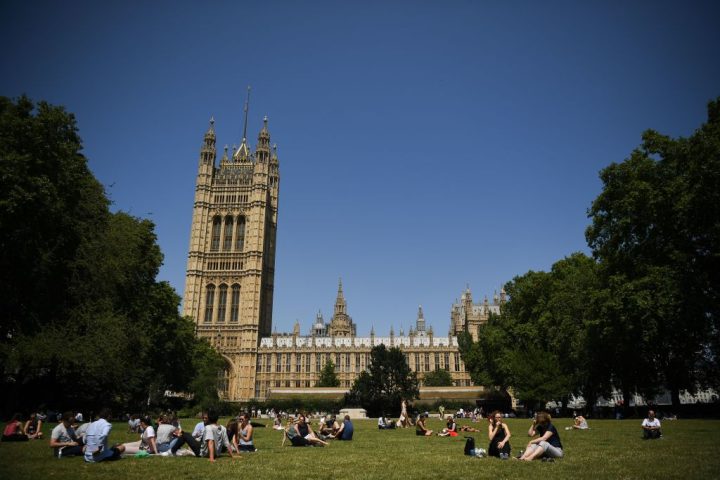

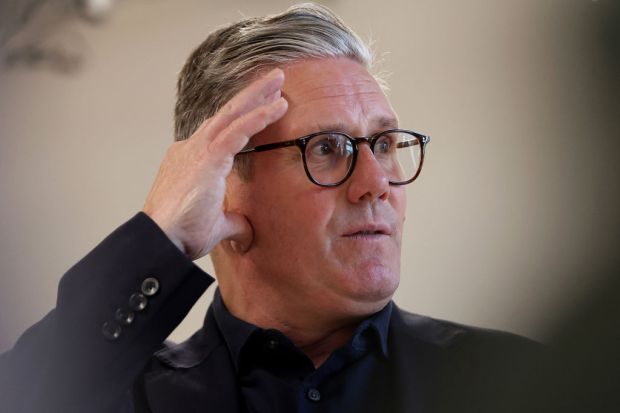
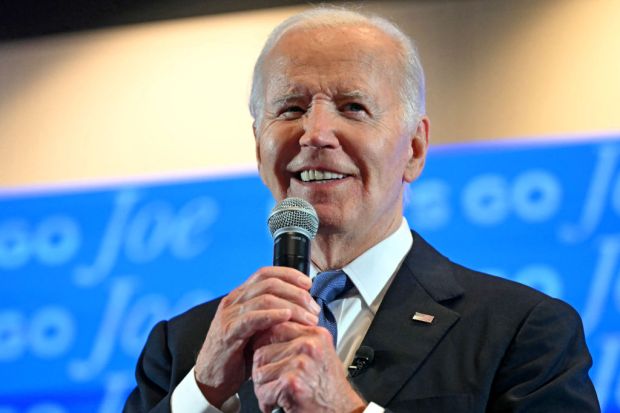
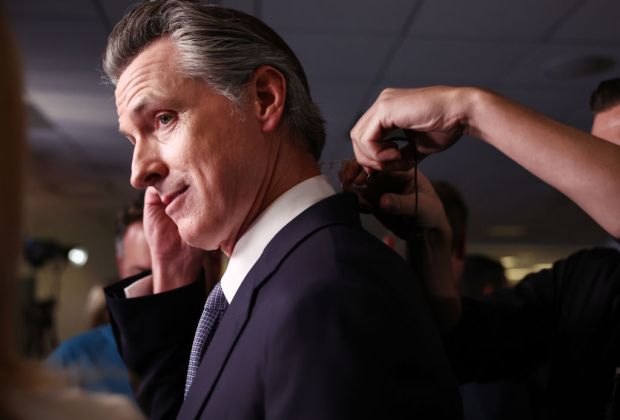
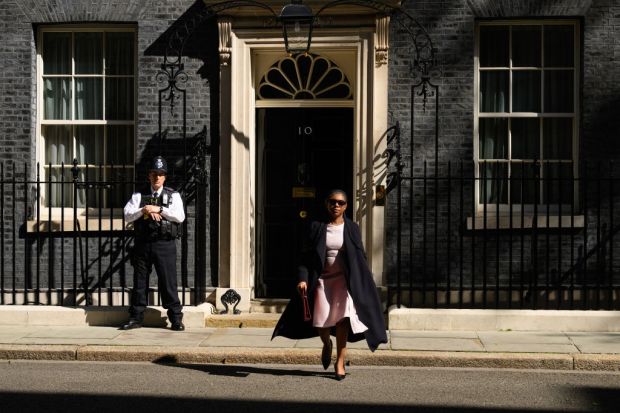













Comments
Don't miss out
Join the conversation with other Spectator Australia readers. Subscribe to leave a comment.
SUBSCRIBEAlready a subscriber? Log in